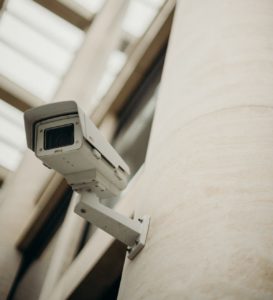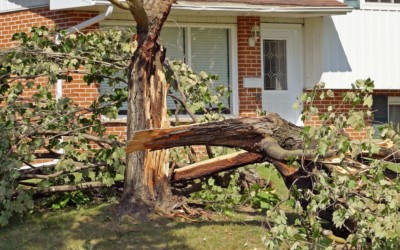Nova Scotia Privacy Torts

We live interesting times. With the advent of new technologies such as the internet, cell phones, and social media, people are connected more than ever before and can achieve things that would have been the stuff of science fiction to previous generations. While this technological boom undoubtedly carries many benefits, it has created complications and serious issues for many people who wish to stay anonymous in an age of ever-receding anonymity.
This creates problems for the law. Many of the common laws that we have today, like trespass, for example, have been batted around by legal scholars for hundreds of years. But when many of the laws we recognize today were in their infancy, society had no concept of hashtags, tagging, or TikToks.
So, what do you do if you feel like your privacy has been infringed by another person, and such violation has caused real and tangible harm in your life?
The Problem With Privacy
Unfortunately, there is no, uniform and well-defined “tort of privacy” in Canada, the same way that there are torts like “negligence” or “nuisance.” This is for several reasons, but two reasons in particular are:
1 – The idea of “privacy” is comparatively new in society. The protection of an individual’s “privacy” was not paramount when the fundamental ideas of tort law were being developed. At the time, legal scholars seemed to be more concerned with protecting one’s person, than something intangible like privacy.
2 – The very concept of “privacy” is relatively subjective and impacts everybody differently. Courts are very good at handling objective issues, like broken bones. A broken bone is an issue for everybody. But when it comes to privacy, what impacts one person significantly, may roll off another person’s back. This is a problem for Courts when trying to decide how to handle subjective issues like privacy.
Historically, rather than try to make a new “tort of privacy”, Courts have tried to fit privacy issues into existing legal categories, like negligence, trespass, or nuisance, as those can theoretically provide some form of legal relief.
The problem is, as society continues to develop, people are facing an increasing number of privacy issues that go beyond the bounds of what negligence or trespass were designed to address. Courts and Legislatures are starting to take notice of this problem.
Privacy Protections
The journey for courts to protect privacy has been slow. It started by Courts recognizing that the misappropriation of a person’s name or likeness for a commercial purpose should merit damages by a court. While this is a far cry from a legitimate “tort of privacy”, it showed that Courts were starting to think about how to fix people’s personal privacy rights in a specific way.
Another step forward was the Courts refusing to strike out statements of claim which pled for privacy relief. In Somwar v McDonald’s Restaurants of Canada Ltd. (2006) 263 DLR (4th) 752 (SCJ), the Court would not strike out the parts of a lawsuit alleging that an employer had invaded the privacy of their employee when they obtained a consumer report containing his credit information without his permission. The Judge would not conclude that there was no “tort of privacy” in Ontario.
In Caltagirone v Scozzari-Clouthier, [2007] OJ No 4003 (SCJ Small Claims), the Court held that non-consensual disclosing of an individual’s HIV status was actionable, in the absence of consent or legitimate public interest.
In some provinces (British Colombia, Manitoba, Newfoundland and Labrador, and Saskatchewan), the Provincial Governments have enacted “Privacy Acts” which have created a statutory tort of privacy, providing individuals with the means to seek recourse to address their privacy losses.
Nova Scotian Approach
In 2012 in a case called Jones v Tsige, 2012 ONCA 32, the Ontario Court of Appeal created a new tort called “Intrusion upon seclusion.” Intrusion upon seclusion is available where:
“One who intentionally intrudes, physically or otherwise, upon the seclusion of another or his private affairs or concerns, is subject to liability to the other for invasion of his privacy, if the invasion would be highly offensive to a reasonable person.”
Nova Scotia Courts have held that in an appropriate case, they could award damages for the tort of intrusion upon seclusion (see Trout Point Lodge Ltd v Handshoe, 2012 NSSC 245; Doucette v Nova Scotia, 2016 NSSC 25).
While the tort of intrusion upon seclusion is still very young by legal standards, where our Courts have given the green light, they are a viable claim in Nova Scotia. However, it is important to note that the damages awards are typically between $10,000.00 – $20,000.00.
Legal Privacy Matters Call for Experienced Lawyers
If you believe that you may have a privacy issue for which you have suffered a loss, you can contact one of our experienced lawyers at Valent Legal to discuss what we can do to help.






















